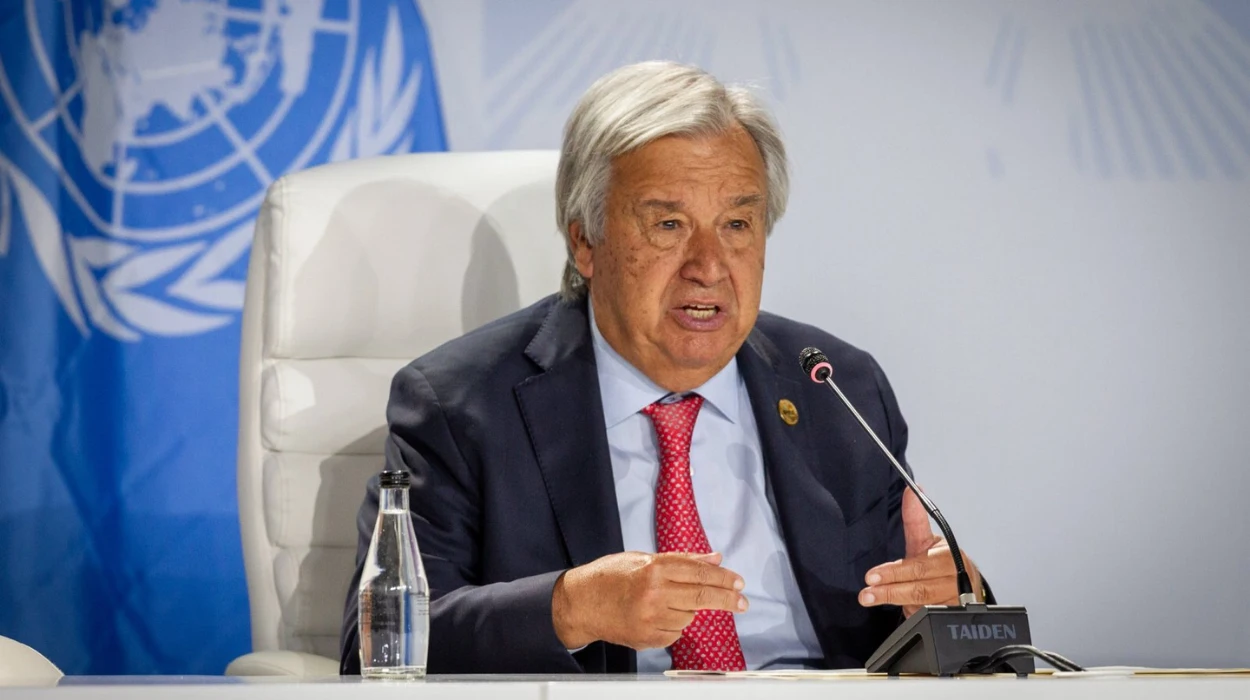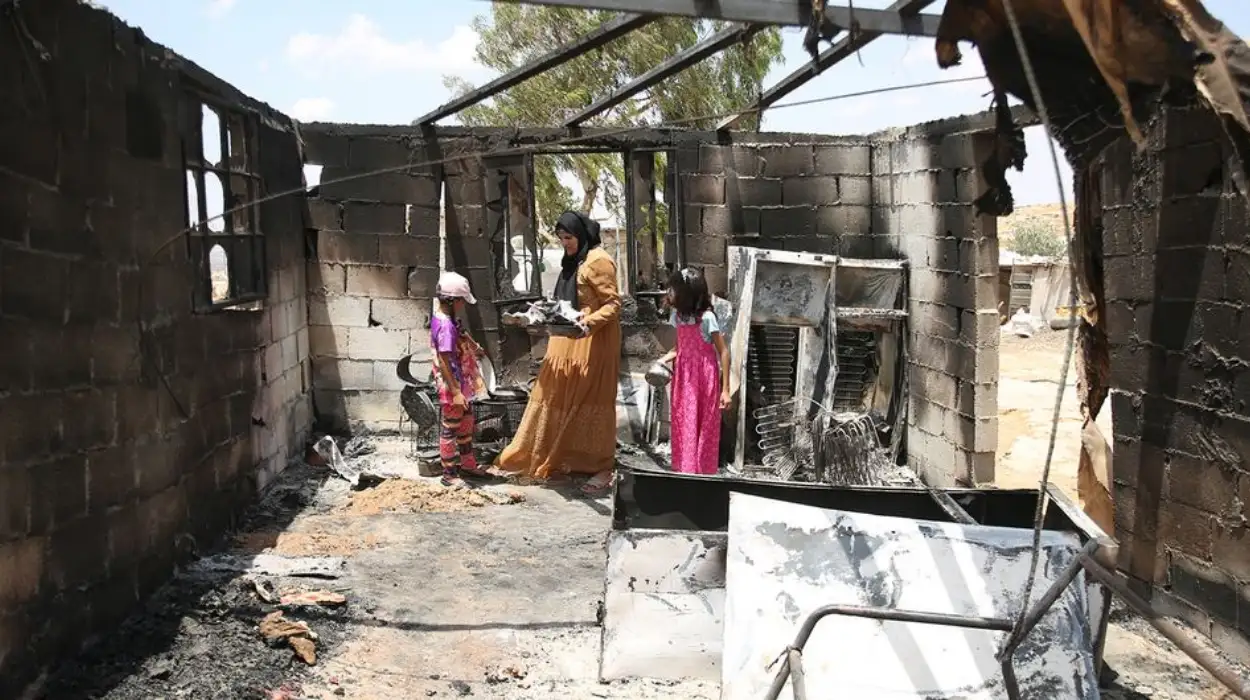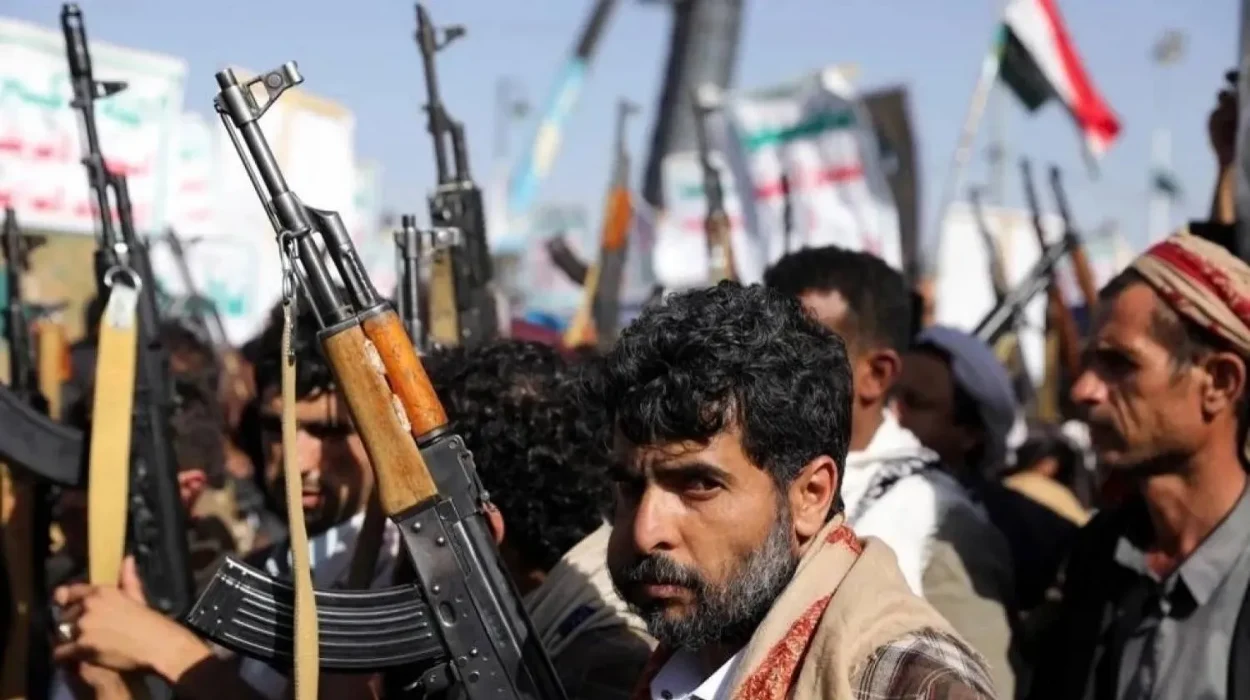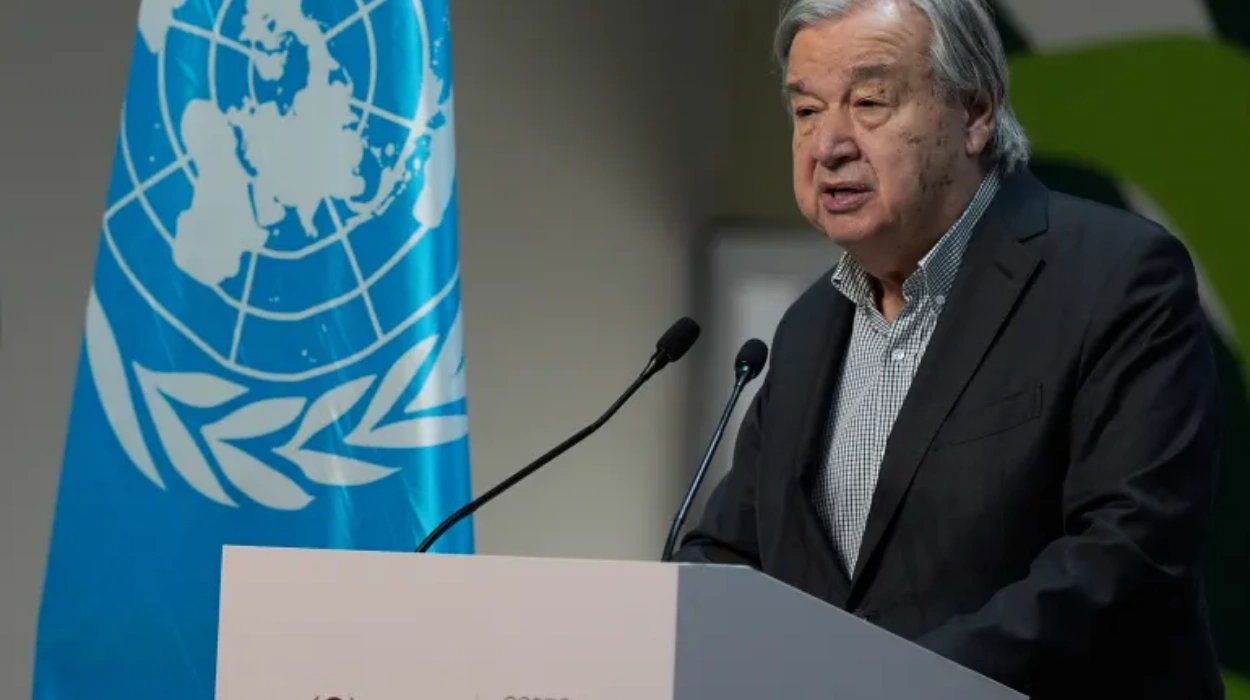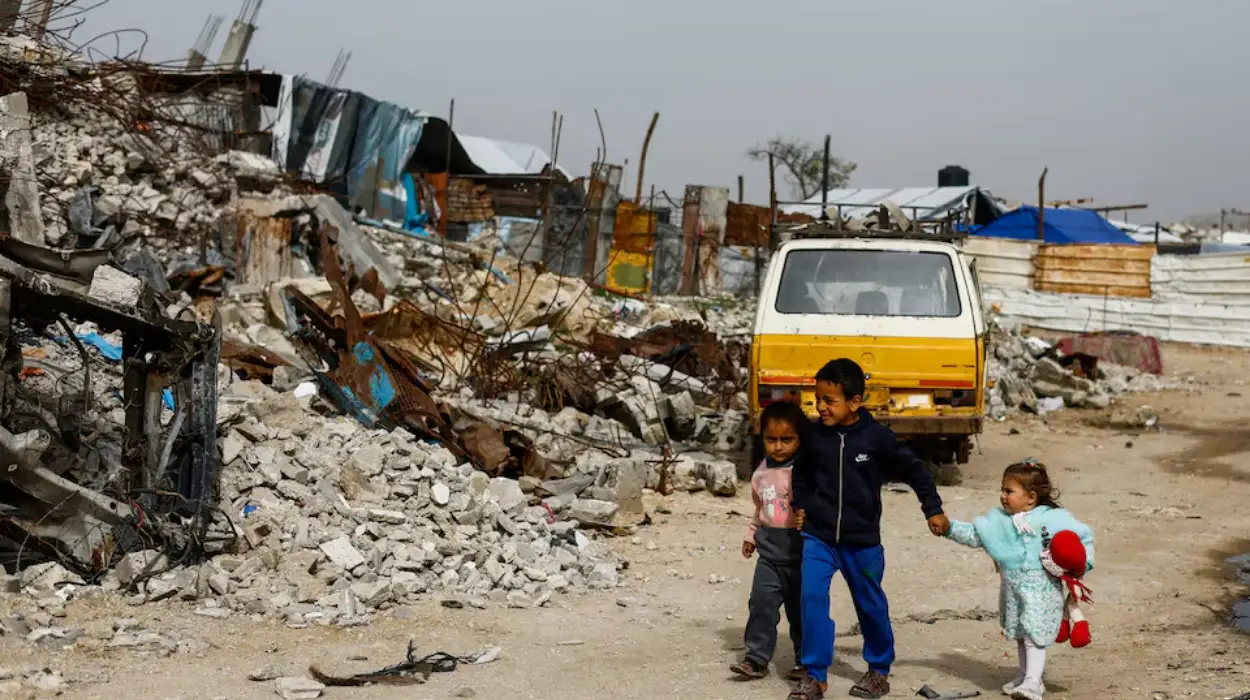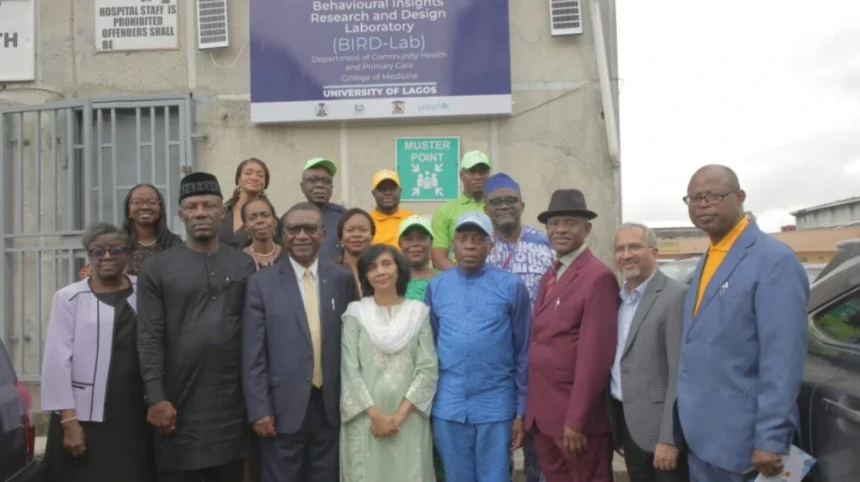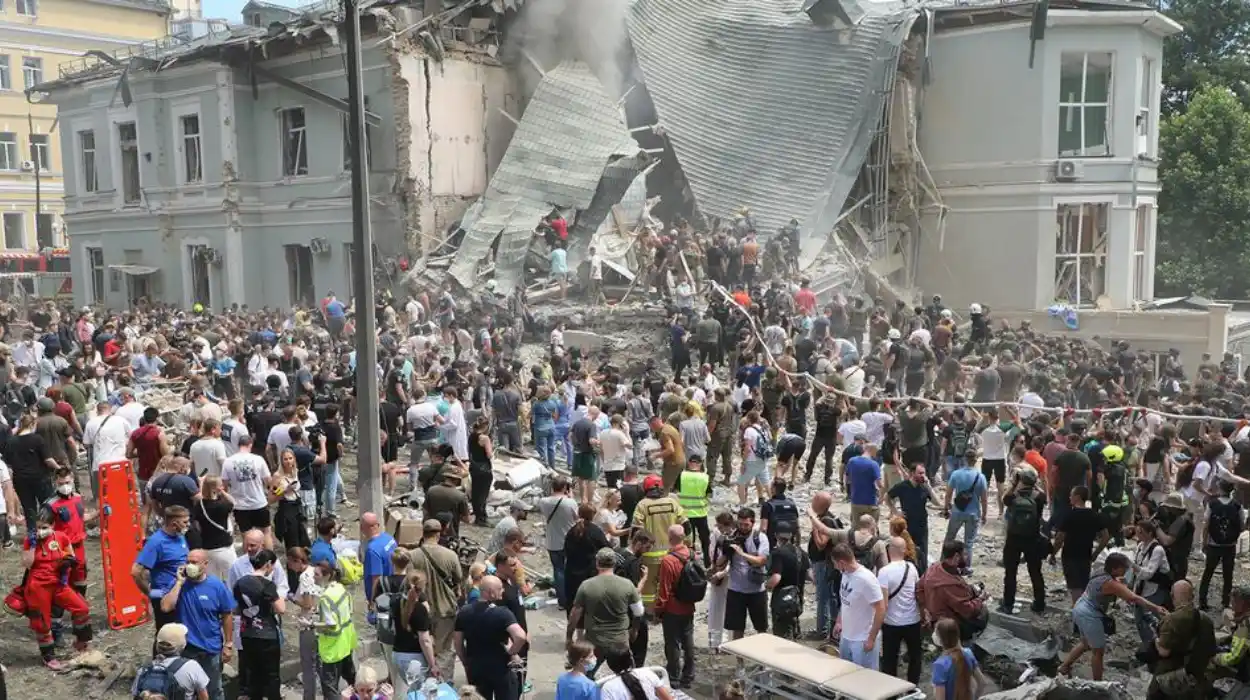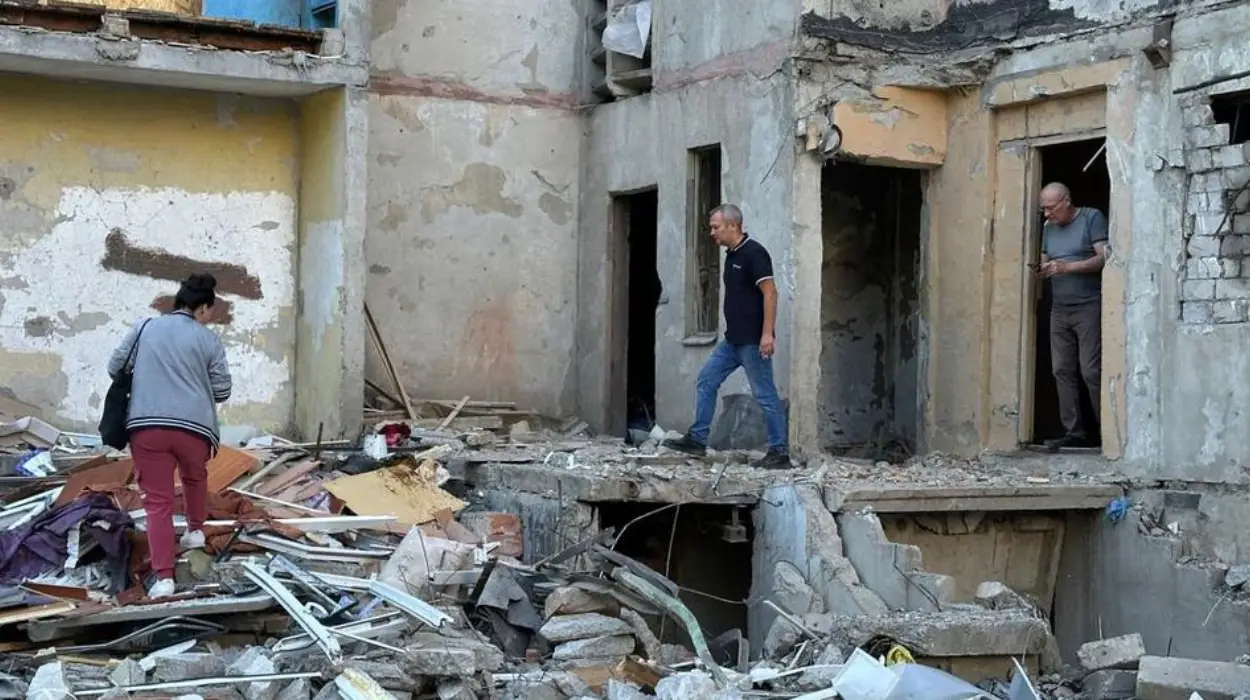LRWC’s updates on the 60th Human Rights Council session (September–October 2025) reveal cautious optimism tempered with urgency. It reflects a commitment to respond to shifting global obligations against a continuing backdrop of mandates that incorporate refugee protection, rights of minorities, and new human rights issues (OHCHR, 2025). In addition, the addition of more contemporary issues, such as gender justice, rights of persons with disabilities, and digital space implications for human rights, enhance the Council’s relevance.
However, LRWC notes that proactive, ongoing reform and advocacy is necessary for long-term change. This requires greater funding for UN human rights operations, elevating voices of marginalized groups in UN fora, and changing processes to prevent politicization in order to guarantee objective fact-finding.
The most recent sessions, including the 59th and the coming session (60th after a year’s delay) in September–October 2025, highlight the many-layered impediments in which the Council must work to fulfill its mandate, including potential budget loss leading to lack of operational capacity and invasive critique of political stagnation. LRWC’s updates note these structural impediments and reinforce the urgent need for systemic reform to enable the Council to maintain its credibility and effectiveness across all human rights issues globally.
Highlights from the 59th UNHRC session: Resolutions, mandates, and country focus
The 59th session of the UNHRC, concluded in July 2025, was notably dense, marked by the adoption of 25 resolutions and one decision, reflecting the Council’s broad thematic and geographic scope (UN Geneva News, 2025). These texts covered critical issues such as the continuation of mandates for special rapporteurs on internally displaced persons, violence against women and girls, and protection against discrimination based on sexual orientation and gender identity.
Country-specific mandates received particular attention. The Council renewed the mandate of the Special Rapporteur on Eritrea for a year and maintained other investigative bodies including those monitoring the Occupied Palestinian Territories, Myanmar, and Venezuela. Reports from commissions of inquiry and fact-finding missions informed discussions, reflecting ongoing crises and human rights violations worldwide.
LRWC’s contributions during this session drew attention to systemic violations that undermine the rule of law, including arbitrary detentions, restrictions on civil society, and escalating violence against marginalized populations. The Council held 32 interactive dialogues, engaging with UN experts and States to examine the multifaceted nature of human rights abuses. Of note was the impact of austerity measures and budget cuts on the Council’s ability to implement mandated activities, flagging financial constraints as an emerging challenge to global human rights governance.
Thematic emphases: Civil spaces, gender-based violence, and climate justice
LRWC’s comments on the Council’s latest Session indicate that the Council is becoming increasingly preoccupied with thematic questions that are essential to minimizing the risks of injuries to human rights everywhere. The 59th session featured a debate about the severity and effects of shrinking civic spaces in authoritarian regimes underscoring the need to protect the freedoms of association and peaceful assembly. This coincided with an increasingly alarming global space for civic action where human rights and environmental defenders are being criminalized, harassed, and harmed.
Violence against women and girls was also spotlighted by way of the renewal of the Special Rapporteur’s mandate, both reflecting global issues (including a rising incidence of domestic violence, female genital mutilation, trafficking, discriminatory legal frameworks) and taking up an emerging, albeit very important, area of focus that exists at the intersection of human rights and climate change. The problem of climate change is gaining recognition as a global human rights issue and, with its engagement on this issue, the Council is beginning to engage with the severe ramifications that environmental degradation has on vulnerable peoples. This emerging thematic issue links sustainable development with environmental justice and human dignity in accordance with all of the international agreements concerning climate change as well as the UN’s Sustainable Development Goals.
The Council’s engagement on human rights and climate change is also important because it provides an important forum for the public to note the interdependence of human rights, environmental protections and economic dilemmas of injustice against vulnerable peoples.
Structural constraints: Financial crises and political complexities
The established human rights framework utilizes the United Nations Human Rights Council (UNHRC) as the main multilateral platform for promoting and protecting human rights across the globe — but the UNHRC is now facing serious working limitations (structural) that threaten to prohibit it’s work. Lawyers’ Rights Watch Canada (LRWC) and other rights groups have identified these critical challenges, especially financial crises and political challenges, that inhibit the Council’s implementation of its duties in 2025 and beyond. These limitations jeopardize the Council’s work and more importantly, the legitimacy and effectiveness of the UN’s human rights framework at a global level.
Chief among these structural limitations is the acute funding crisis faced by the UN Office of the High Commissioner for Human Rights (OHCHR), which provides support and secretariat responsibilities for the UNHRC and its experts. In mid-2025, Volker Türk, the UN human rights chief, announced that the Office was at least $60 million short in its budget to undertake regular duties because of ongoing cuts and delays in payments from influential member states, namely the United States and China. Having only 73% of the approved regular budget, the OHCHR faces tough choices about potential staff layoffs and suspending vital field work in several countries (including gap filling human rights monitoring and engaging in preparatory work for investigative reports) that engage significant and/or serious violations. This budget emergency has forced the Council to shorten the duration of its sessions, decrease its debates, and postpone or suspend visits and advances intended to protect at-risk groups.
These budget reductions are serious. Investigations and fact-finding missions remain critical to documenting violations of human rights and pushing for accountability. For example, “some investigations” into factors like conflicts in Eastern Congo, Sudan, Palestine, and Ukraine are reportedly 30-60% functions where they could reasonably produce another credible and timely finding. Gaps from these operational conditions will only prolong impunity, prolong justice for victims, and limit preventative measures, such as greater accountability to deter actors from committing serious violations.
Future directions and the imperative of sustained advocacy
LRWC’s updates for the 60th Human Rights Council session, scheduled for September–October 2025, indicate a tempered hopefulness tempered by urgency. Their expression of moving forward on changing global imperatives suggests the Council’s ongoing response may be sound on the mandates related to refugee protection, minority rights, and other new human rights issues (OHCHR, 2025). Also boosting the relevance of the Council’s work are newer topics such as gender justice, the rights of people with disabilities, and the relevance of human rights in the digital space.
Nonetheless, LRWC reiterates the vital need for on-going reform advocacy. This includes encouraging coverage for UN human rights mechanisms, the visibility of underrepresented groups in UN fora, and procedural development to diminish politicization and promote objective fact-finding.
Finally, there is capacity-building and communication. LRWC describes the importance of timely information and due diligence analytical tools to facilitate making the most impact in a gap between the Human Rights Council’s work and real freedoms, protections, and justice in the field for legal experts, activists and political-makers.
The Council’s success ultimately rests on inclusive governance and a united political will. With the help of watchful rights organizations, the UN Human Rights Council must continue to be flexible, resolute, and open as the complexity and urgency of global issues change. The regular updates from LRWC are essential to this effort because they uphold the fundamental rights and dignity of all peoples while holding authorities responsible.


